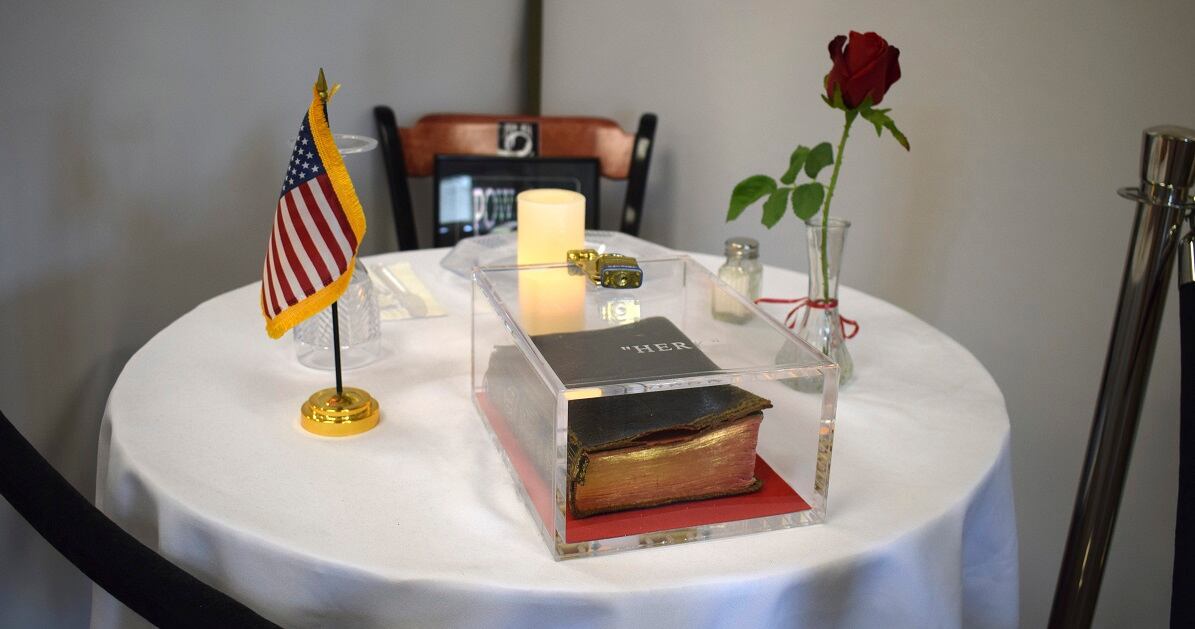The Department of Veterans Affairs unveiled new policies surrounding religious and spiritual symbols in VA facilities, following several incidents where prior policies were “interpreted inconsistently.”
According to the new policy issued Wednesday, religious symbols such as holiday displays may be erected in public areas of VA facilities — provided they are part of a “passive display” that “follows in the longstanding tradition of monuments, symbols, and practices that simply recognize the important role that religion plays in the lives of many Americans.” The VA defines a “passive display” as one on a wall, table, cemetery monument, or other structure.
“Such displays should respect and tolerate differing views and should not elevate one belief system over others,” the policy reads.
The policy also allows patients and guests to receive religious literature or symbols if they request it at VA facilities and at VA chapels. Additionally, VA facilities may accept gifts of religious literature, cards and other symbols, and share them with patients and guests upon request.
RELATED

“We want to make sure that all of our veterans and their families feel welcome at VA, no matter their religious beliefs,” VA Secretary Robert Wilkie said in a news release Wednesday. “These important changes will bring simplicity and clarity to our policies governing religious and spiritual symbols, helping ensure we are consistently complying with the First Amendment to the U.S. Constitution at thousands of facilities across the department.”
The VA also noted the Supreme Court “reaffirmed the important role” of religion through its decision June 20, 2019, to allow a Latin cross honoring WWI soldiers to remain standing on public ground. In that case, Supreme Court Justice Samuel Alito argued the “Peace Cross” in Maryland had become a “prominent community landmark” and removing it would be viewed as hostility toward religion.
VA facilities have come under fire for how they’ve navigated religious and spiritual symbols or displays in their facilities. For example, the Salem VA Medical Center in Virginia engaged in a thorny dispute in 2015 about whether the facility could display Christmas trees in public areas.
Although the facility initially sent a letter to employees claiming that the trees would be barred from public areas, the facility ultimately permitted the Christmas decorations.





